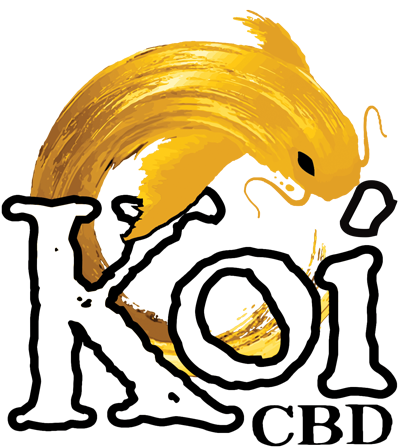One of the toughest decisions every CBD lover has to face is whether to use full-spectrum or isolate CBD products. Both products have CBD as the primary and active ingredient. But, there's more to understand about them and each works differently for various conditions.
For CBD users, choosing between the two forms of CBD is more than a preference. There are various factors to consider while making a choice, so the decision is never easy. If you've just started using CBD, knowing which of the two forms of CBD is best for you will ensure you get the best CBD results in the shortest time possible with the least worry and concern.
What is CBD?
The best place to start when discussing full spectrum CBD and CBD isolate is by understanding what CBD is. CBD is a cannabinoid found in the hemp plant – the same plant that contains THC. CBD is known for its nutritional value and potential health benefits and has recently risen in popularity worldwide. One of the reasons why CBD is quickly becoming famous is because it doesn’t have the same psychoactive properties like THC. Everything from the hemp varieties chosen for growing CBD to the extraction and manufacturing of CBD products is closely guarded to ensure the minimal presence of THC, so you don't experience psychoactive effects.What is Full-Spectrum CBD?
Full-spectrum CBD is a form of CBD that contains all the contents of the hemp plant. These include CBD, THC, other cannabinoids, flavonoids and terpenes. Full-spectrum CBD is best known for its strong aroma and taste. It is the most potent form of CBD, offering an extensive range of benefits, including the entourage effect. Although full-spectrum CBD contains THC, it's vital to note that the concentration of THC is kept at the maximum 0.2%, which is not enough to cause any psychoactive effects. However, users of full-spectrum CBD products have noted that such products provide a profound calming effect.What is CBD Isolate?
CBD isolate and full-spectrum CBD are both extracted from the same hemp plants in the initial stages. However, CBD isolate undergoes further purification to remove THC, terpenes and all the other cannabinoids. This form of CBD is purely CBD. CBD isolate is designed for people that don't want to ingest any THC and purely want CBD. It's also ideal for users who undergo frequent drug tests and don't want to risk any positive results. Even without THC, other cannabinoids, terpenes, or flavonoids, CBD isolate still offers an extensive range of benefits.How are Full Spectrum and CBD Isolate Made?
The process of making full-spectrum and CBD isolate products starts with the growth of EU-approved hemp varieties that have a high CBD yield. At maturity, parts of the plants like the stalk are harvested and taken for extraction, where one of four main methods can be used to extract the CBD from the plants. These methods include:- Carbon dioxide extraction: This is the most commonly used and the most effective method of extracting CBD. It uses CO2 to separate the CBD oil from the cannabis plant. Using this method, manufacturers can produce high concentration CBD, and the chances of contamination are low.
- Steam distillation: Steam is used to separate the oil from the plant material using this method. This method is commonly used in extracting essential plant oils, but it is not as effective in extracting CBD as CO2.
- Solvent extraction: Solvent extraction is effective if the solvents are left behind. It's one of the rarely used methods of CBD extraction because of the health risks it poses, and it can also affect the flavour of the final extract.
- Lipid extraction – Lipid extraction has not been a mainstream method of extracting CBD. But it is gaining popularity as most companies move on from the expensive CO2 extraction and unreliable solvent extraction.




